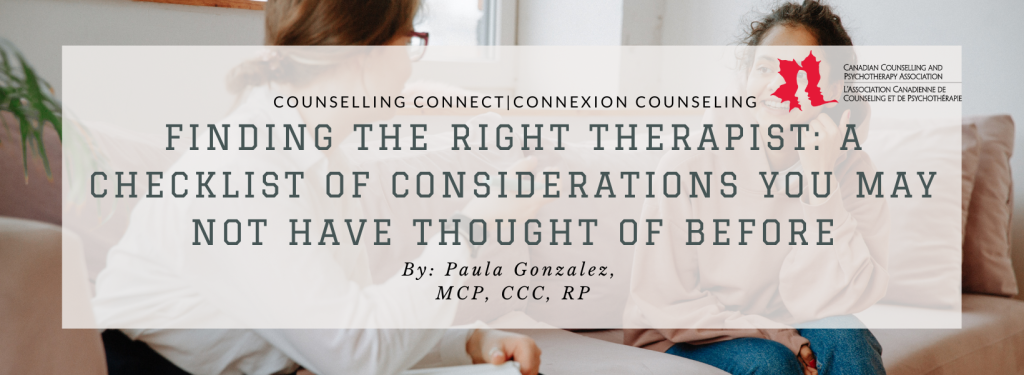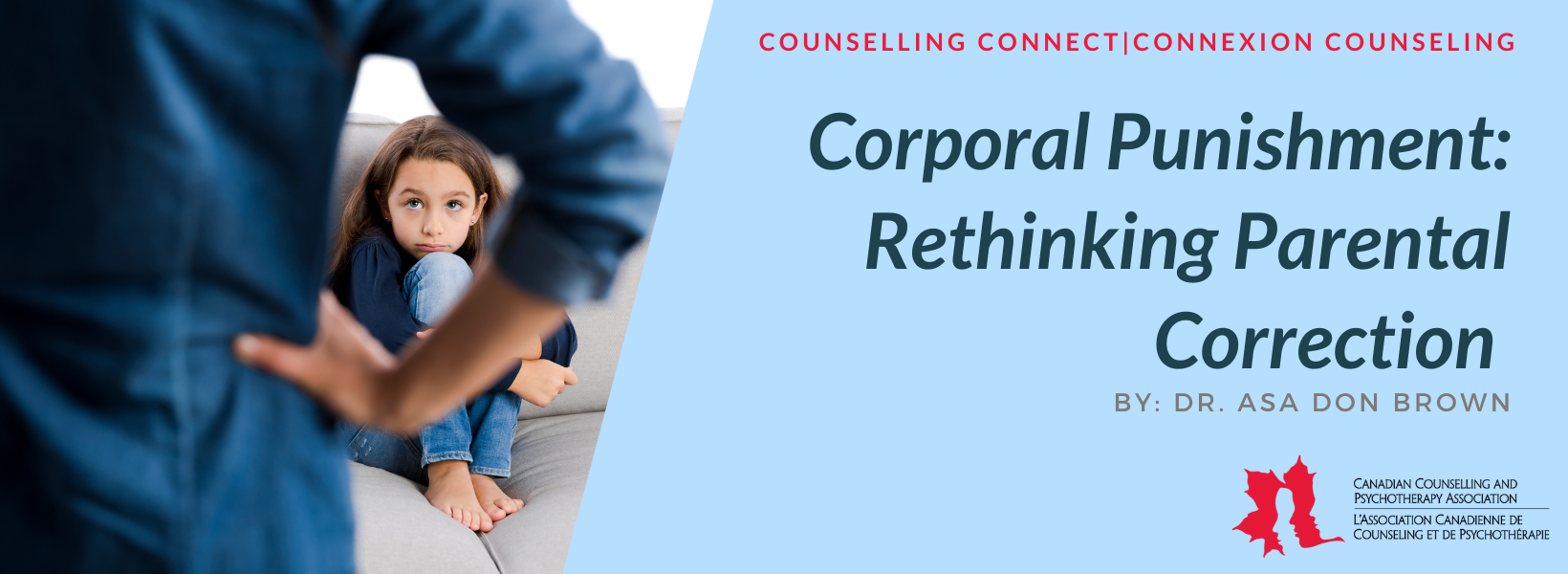
“So the harmony is hard to come by this past week?” I said to client #1. The next week, he came back quite upset as he had upset his wife – he had taken home the question and spoke to the ‘harmony’ with his wife ! Sessions later, he reported his wife was upset with me. He didn’t say it as such, but I presumed that she felt I was putting ideas about harmony into his head.
“Just now, when you said you wish for the strength to not cower, I had this picture of you pulling out and cracking open a can of spinach!” I shared with client #2. He laughed and motioned to do the emptying of the can and gulping like Popeye. Needing some strength at the right moment, a confidence booster. Within a few sessions he was more at ease with the fact that he was “working up to it”, building his courage, wanting to confront his fear so that he could be in contact with her.
The things that pass through the mind. The things we say to our clients! The things we say – part of our presence and engagement; part of our “countertransference” in the lexicon of some; part of our appreciation of what is seeming to be the case, the reality. The things we say – part of the imaginal effort to connect that which in the layering of experience are potentially useful ways clients might see the things. And how do we know when it is skillful use of ourselves, when we share back with clients?
These two clients I reference, male, both in the ‘young old’ of early retirement, were both similarly confronting themselves as partners, similarly experiencing their wives as “scary”, both for valid, but different reasons. Both clients were taking therapy in the good stride of personal exploration and open to insights on how to make shifts in how they are and what they want to live or are not wanting to live in their relationships anymore. Both had a sense of humour and seemingly feeling humour helpful to ease toward the not so easy of themselves or of life situations at home. Both were open to seeing the relevance of the ‘not-so’ adaptive child, in Terry Real perspectives, at work in themselves or in their partners, in their couple dynamic. This background I hope is a little helpful to what I want to say about the things we say to clients, how we say them and when we say them.
I gave voice to those two passing thoughts and as such they became interventions with a powerful impact. I don’t see client #1 anymore and my guess is because I might have helped bring out that which was there, that which he couldn’t quite get out himself, and perhaps he as regards to his couple, was not wanting to topple the balance. I think as a therapist that sometimes we are performing a “conversational analysis”, something linguistic anthropologists do as they aim to understand semantic meaning. Reading between the lines, a practice that one can do responsibly, checking-in for resonance. As therapists, we help clients hear themselves, their feelings and put words towards a fuller awareness. Typically, and humbly I should say, I feel good about the ease, comfort and safety of the space that I construct with clients. I have come to trust how I am with clients, what I want to try to say, how I might come out with it, the “relational” sharing of my experience of the client. But how do I know sometimes?
‘I really enjoyed that ‘trying to build up my faith in myself’ from last time, client #2 said and he had softened his view from the high-pressured one, where he was “pathetic” and “frozen”, and kept having secondary emotion states of being upset at himself for not being able to do what his wife wanted him to, that is to stay in contact with her, no matter what, ‘til death do us part’.
I finish this blog reflection by sharing some ancient wisdom about “right speech”, coming from my life practice as Buddhist. I note what I say in my clinical notes! I note what I found myself wanting to say, but, didn’t! I read over my notes in prep for the next session and submit what I “did” or “didn’t say” to the following reflective self-query:
- Is it Factual and True?
-This is 1st person client, 2nd person therapist, 3rd person ‘objective’ to get at the factual/true axis - Is it Divisive? Or Will it be Connecting?
-Can our speaking promote harmony, good feeling of connection or understandin - Is it Harsh? Or is it Gentle?
-Want ‘kindness’ to be intention-orientation and to abandon speech that isn’t ‘heartful - Is it Beneficial?
-The acronym WAIT or ‘Why Am I Talking? - Is it the Right Time to Speak?
-The proper time is linked to compassion for the “other” and where the client is at and could take in what we would want to say.
By: Barry D’Souza
*The views expressed by our authors are personal opinions and do not necessarily reflect the views of the CCPA






